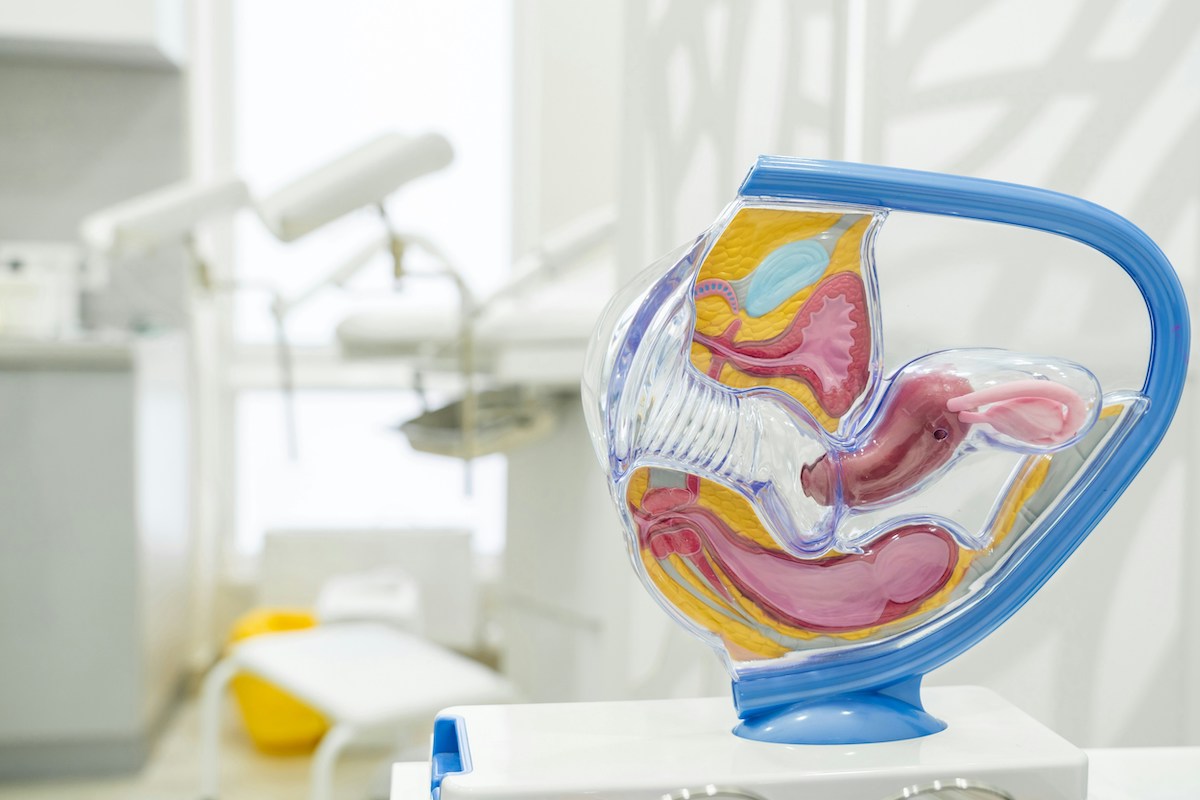I just turned 40, and I feel like over the past few years, my mood has been more affected by high-progesterone times in my cycle than it ever was previously. I was looking for research on this, and some sources mentioned that cyclical mood changes in the luteal phase of the cycle can get worse in the 40s. I’m wondering if I should do anything about this. Being in a bad mood for half the month for the next 10 years seems a bit daunting. I’m wondering what doctors might recommend for this (like trying medication). On the other hand, I could make it work, as I’m not clinically depressed or anything. Are there downsides to looking into some sort of antidepressant if I’ve generally been a quite happy person for most of my life?
—Erin
Increased symptoms such as mood changes and irritability during the second half of our menstrual cycle, or luteal phase, when progesterone levels are high, are common among women in their 40s. The more extreme hormonal changes we see as we enter the late-reproductive stage often trigger a worsening of our existing premenstrual symptoms and new symptoms too. Add to that, many women will see a shortening of their menstrual cycle during this time, and it can suddenly feel like you are in the luteal phase of your menstrual cycle all the time.

If a symptom is impacting your daily functioning, I believe it is worth addressing. I would guess that since you asked the question, you are noting an impact of these symptoms on your functioning, so considering your treatment options is very reasonable.
Addressing these types of symptoms can take many forms.
For some women, just having an awareness that the symptoms they are having are related to their menstrual cycle and dialing into the routines they have that support their mental health is enough. I find that making sure I am getting enough sleep and exercise, and that I am following my typical healthy eating habits, improves my mood during the latter half of my cycle.
You can take a more formal approach to assessing and managing mood symptoms in particular with cognitive behavioral therapy (CBT). CBT is a form of talk therapy that focuses on modifying unhelpful thought patterns. In a meta-analysis of women with severe mood symptoms associated with their luteal phase, CBT significantly decreased anxiety and depression compared with a placebo.
For many women, treatment with medication is warranted. There are two possible options. Selective serotonin reuptake inhibitors (SSRIs) have been shown to improve luteal phase symptoms. They can be taken either daily or just during the luteal phase; both schedules have been shown to be effective.
The other treatment option is a birth control pill. This is counterintuitive, because birth control pills have progestin — progesterone-like compounds — in them. However, it is not necessarily the level of the hormones in your body during your luteal phase that is triggering your symptoms. Rather, it is how rapidly your hormones are changing that trigger symptoms. The stable dose of hormones in a birth control pill results in a significant improvement in luteal phase symptoms.
I would urge you to talk to your doctor about your symptoms if they are affecting your functioning. Together, you can consider what type of intervention is right for you.
The takeaway: Many women experience more severe mood symptoms during the second half of their menstrual cycle in their 40s. If these symptoms are impacting your functioning, it is reasonable to seek treatment. There are effective treatment options, including CBT, SSRIs, and birth control pills.
Community Guidelines
















Log in
Please, please, please, every time you mention taking medications, include the fact that they have risks and downsides. SSRIs do not stop having an effect after you stop taking them. They have the potential to change brain chemistry for life. Progesterone in this context has health risks. You may still decide the cost-benefit ratio pushes you to medicate, but the costs must always be considered.
Can you point to specific data / research here about the risks and downsides?
Sorry, with the new comment system I don’t see replies and just stumbled onto this. Maybe you won’t see my reply either 🙂 In any case, here is a basic link for info:
https://www.mayoclinic.org/healthy-lifestyle/birth-control/in-depth/birth-control-pill/art-20045136
Most basic FAQs on the pill should address the risks and side effects.